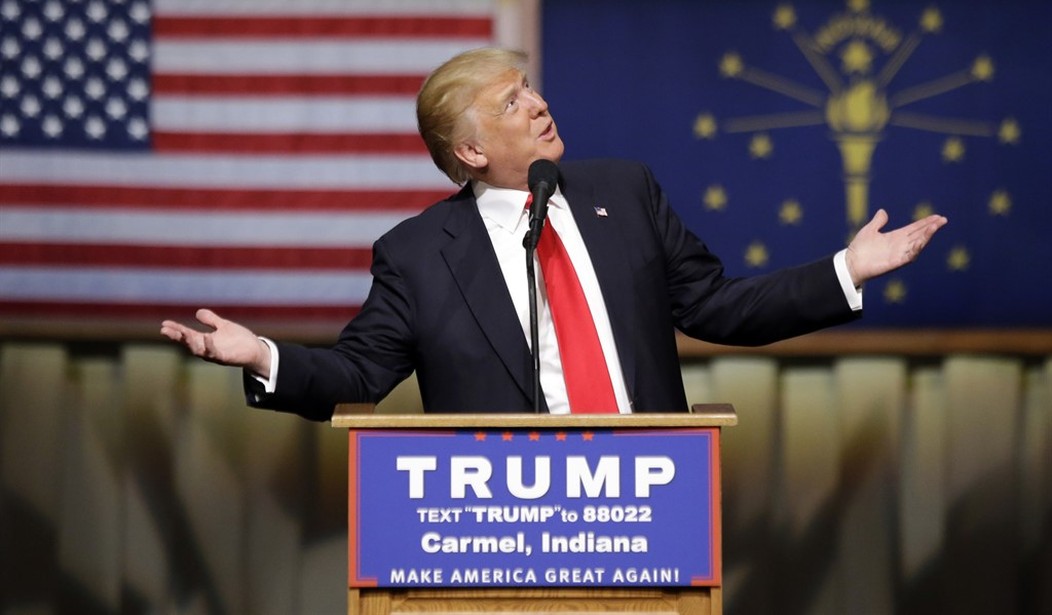Defining a "national interest" is always a challenge. Strategists and political scientists endlessly ponder the term. All interests are not equal. Theorist Hans Morgenthau argued that a nation has two types of interests, vital and secondary. If a vital interest is at stake a nation should be prepared to fight for it.
"Schools" of American foreign policy have emerged, such as the "Realist" and "Idealist" schools. Other schools have names suggesting stricter guidance for formulating implementing policy, such as the Isolationist, Neo-Isolationist, Cooperative Security and American Primacy schools.
American isolationists, paleo and neo, tend to favor defensive or "continental" policies. Cooperative Security draws on the Idealist legacy of President Woodrow Wilson (think US efforts partnered with or channeled through multi-nation organizations like the UN). Primacy advocates argue that liberal democracies are always vulnerable to threats from dictatorships. Dictatorships can focus their power and take advantage of the anarchy that is an inherent feature of international affairs. Securing the survival of the US and its allies means America must dominate the international security environment.
No sure fire formula that precisely defines a national interest has emerged from the debate. "National values" drawing on powerful psychological, political and moral concepts always play a role in determining interests. When values are part of the calculus, there is always room for more debate. Moreover, interests can change and mutate.
Recommended
However, dismissing one man's national interest as another man's national folly avoids the heart of the matter, which is providing sound guidance for a real world presidential decision that has a national security dimension. The security issue could be economic. It could be environmental. The most challenging decisions involve war or the threat of a war where the nation's survival is at risk.
I think it is fair to assume that Donald Trump, Ted Cruz, Bernie Sanders and Hillary Clinton would agree that the survival of the U.S. as a nation state is a vital national interest. However, 99.9999 percent (or more) of presidential decisions do not involve an immediate crisis (such as an all-out nuclear war) where the U.S. is engaged in a life or death struggle.
In less stark conditions, presidential judgment is a major determinant of national interest. In November 2015, President Barack Obama (who calls himself a foreign policy realist) employed the phrase "the national interest" to justify his rejection of the TransCanada corporation's proposed Keystone XL pipeline network.
"...the State Department has decided the Keystone XL pipeline wouldn't serve the national interest ..." the President said. "I agree with that decision."
The Keystone XL would have connected Canadian oil sands in Alberta province to U.S. Gulf Coast refineries and been able to transport up to 800,000 barrels of oil a day. For Obama, combating climate change is an American national interest that supersedes reliably tapping an on shore, North American hydro-carbon energy source.
TransCanada and American supporters of the pipeline accused Obama of "symbolism," not realism.
Other nations have national interests, and their chief executives make judgments about those interests. In February 2007, then-Australian Prime Minister John Howard decried then-candidate Barack Obama's plan to withdraw U.S. troops from Iraq by March 2008. Howard said the withdrawal threatened Australia's national interest. Why? Implementing Obama's plan would "encourage and give succor" to Middle Eastern and Asian terrorists. "I hold the strongest possible view that it is contrary to the security interests of this country (Australia) for America to be defeated in Iraq," Howard said. "...if I hear a policy being advocated that is contrary to Australia's security interests, I will criticize it."
Given the rise of ISIS, should we classify Howard as a realist?























Join the conversation as a VIP Member